Welcome
Welcome
Welcome
Welcome
My name is Dr Natalie Hendry and I am an educator, consultant and researcher based in Melbourne, Australia.
I am a Senior Lecturer in Youth Wellbeing with the Youth Research Collective and Melbourne Graduate School of Education, at the University of Melbourne, Australia.
You can read a more detailed bio here or click the menu above to read about my current projects. I microblog (aka do what we did before X) over at @projectnat.
More Information
Let me share more with you
More Information
Let me share more with you
When Natalie was in high school in the late 1990s, her mother was called to her school because her teacher thought she was spending too much time ‘on the internet’ at lunch.
Back in the days when going online was about winsocks and choosing between the phone or the computer being connected, Natalie found herself hooked on the possibilities of ‘cyberspace’, chatting with people who shared her musical tastes, and trying to develop a savvy looking website on geocities (complete with flashing gifs and a guestbook).
More than two decades later, Natalie is an educator, consultant and researcher, and is still fascinated by the internet.
She is curious about how people use social media in their everyday lives, especially when it comes to ‘sticky’ topics like mental illness, sex and sexuality, developing and managing relationships, and dealing with stress.
Her academic interests include young people’s media cultures and practices, youth and education policy, research as practice, interdisciplinary approaches to mental and sexual health education, cultural studies, and methods and ethics for creative research with young people.
Her doctoral project explored how young people under 18 years engage with visual social media in the context of living with mental ill-health.
She has published and presented her academic research, and provided commentary for media outlets on topics related to mental health online, youth culture and digital research.
In 2022, Natalie embarked on a new role with the University of Melbourne, joining the Melbourne Graduate School of Education as a Senior Lecturer in Youth Wellbeing.
Prior to this Natalie was a Vice Chancellor’s Postdoctoral Research Fellow with the School of Media and Communication at RMIT University where her work sat within the Digital Ethnographic Research Centre (DERC) and the Design and Creative Practice Enabling Capability Platform (DCP ECP).
Natalie is passionate about research ethics, is a current member of the University of Melbourne’s ethics committee and is a former member of the RMIT DSC College Human Ethics Advisory Network (CHEAN) and the RMIT Human Research Ethics Committee (HREC). At Deakin University, she was a member of the Human Ethics Advisory Group.
Before her work at the University of Melbourne and RMIT University, she was a Lecturer in Education (Health and Student Wellbeing) in the School of Education, Deakin University, from 2016-2020. She taught undergraduate and postgraduate courses related to health education curriculum and pedagogy, and student wellbeing policy and practice (primary and secondary level), as well as supervising Higher Degree by Research students across topics including digital technology use in literacy classrooms, teacher narratives of student wellbeing, happiness and physical activity, and technology policies in education. Natalie guest lectured in digital media practices and ethics for teachers and media policy.
Natalie supported pre-service teachers to make sense of the complexity of their students' lives and plan for student wellbeing and engagement. She is interested in how teachers develop critical health and media education curricula that attends to the changing notions of health and wellbeing in Australian society.
From 2013 until the start of 2016, she worked as a research officer on the Young Adults and STIs project at the Australian Research Centre in Sex, Health and Society, La Trobe University, and taught at RMIT University in the School of Global, Urban and Social Studies (2014-2015).
Before her life as a researcher, Natalie worked as a teacher.
Prior to her research career, she worked as a teacher in community, mainstream and special education settings, most notably as a teacher and consultant in the Adolescent Inpatient Program with the Austin Hospital School in Heidelberg.
Her work supports teachers, practitioners and services to understand social media as something young people do, in order to better support young people to feel good about who they are and address the challenges they face.
Natalie is available for talks, training seminars and media commentary on youth media culture, mental health, therapy online, sex and social media, and thinking “beyond risk” about technology.
When she’s not enthusiastically researching social media and how it works in our world, she may be found savouring some time at the sewing machine, listening to records or writing postcards to unsuspecting friends. She hopes to write a book one day that doesn’t only go on the academic shelf of the bookstore.
Qualifications
Dr Natalie Hendry’s qualifications include
2018, PhD (Media and Communication), RMIT University
2018, Graduate Certificate in Higher Education Teaching and Learning, Deakin University
2012, Master of Youth Health and Educational Management, University of Melbourne. Interdisciplinary program including program evaluation, cross sectoral practice related to youth, health and education sector, and youth studies.
2007, Graduate Diploma of Education (Secondary), University of Melbourne. Teaching methods in Health and Humanities.
2005, Bachelor of Arts (First Class Honours), Monash University. Majors in Sociology, Women’s Studies.
2005, Bachelor of Science, Monash University. Majors in Psychology, Physiology.

Meet Natalie
Social media: is it good? Bad? Or a vital part of how we understand health?
For me, these questions are fascinating and complicated.
Meet Natalie
Social media: is it good? Bad? Or a vital part of how we understand health?
For me, these questions are fascinating and complicated.



